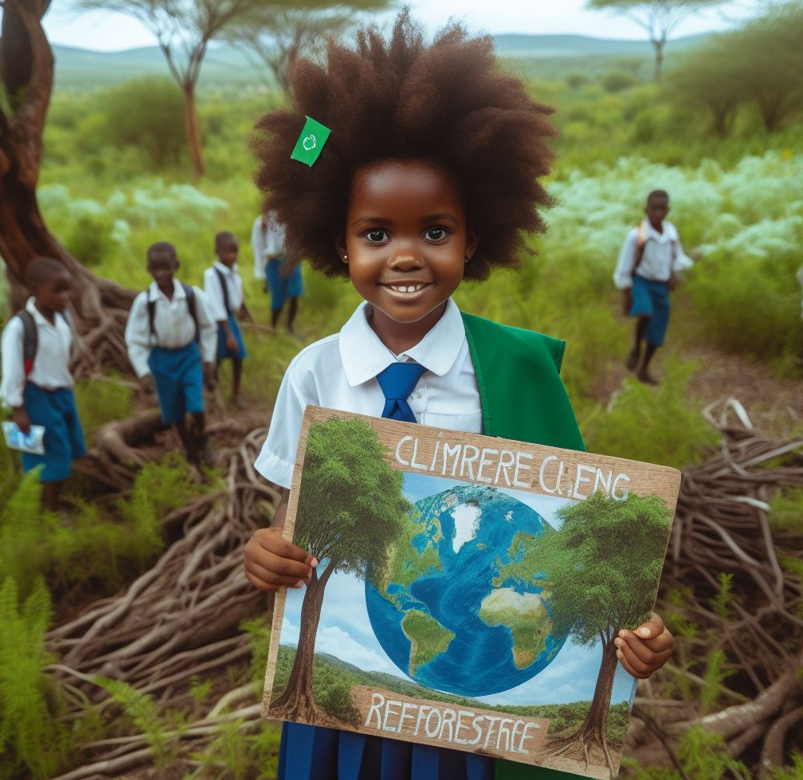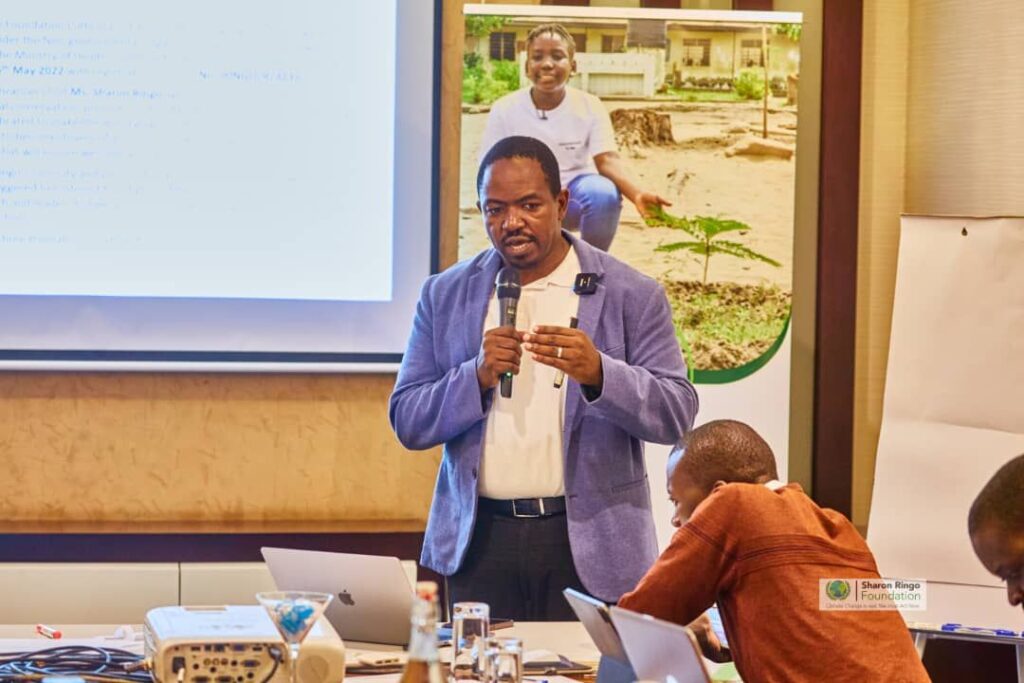Dar es Salaam. In the year 2124, it’s conceivable that none of us currently alive will still be here. Nonetheless, this doesn’t imply an absence of people; on the contrary, there’s an estimation that there will be even more individuals than in 2024.
Looking specifically at Tanzania, the 2022 census data released by the National Bureau of Statistics revealed a population of 61.7 million, marking a nearly twofold increase from the 33.5 million recorded in the 2002 census.
It’s noteworthy that out of these, 38.2 million Tanzanians are under the age of 24, indicating that more than three out of five Tanzanians were not born in 2000.
I can also say that approximately 62 percent of Tanzanians currently alive were born after the passing of the Father of our first President, Mwalimu Julius Nyerere. Looking ahead to 2100, it’s challenging to predict how many of Tanzanians born in 1999 or later, the year Nyerere passed away will still be alive.
However, considering that a significant portion of Tanzanians, more than half of the population, falls within the age range of 5 to 24, many of them may not have personal memories of Nyerere but would likely know about him as they grow older through education and cultural awareness.
This underscores the urgency of educating and involving children in climate change initiatives, as emphasized by Sustainable Development Goal 13. Climate change action isn’t solely the concern of environmental officials; it’s pertinent to all, irrespective of age or profession.

It’s about shifting mindsets, starting with children who’ll bear the brunt of climate change impacts. By instilling in them the significance of environmental conservation and proactive measures, we pave the way for a sustainable future.
Let’s act now, involving children in tree planting and environmental conservation to equip them to tackle climate change challenges. Together, we can build a better future for generations to come.
It’s heartbreaking to hear about the devastating floods and landslides occurring in Tanzania, such as the recent closure of the Morogoro road at Jangwani and the incidents in Rufiji, Mlimba, Mbeya, and Hanang. These events have resulted in the loss of over 100 lives, with thousands more losing their homes and possessions. The heavy rains have been persistent since the end of last year, causing significant damage.
The increase in heavy rainfall this year is attributed to the effects of climate change. In 2019 and the following years, there were severe droughts, leading to livestock losses and widespread hunger. In Kenya’s Turkana region, people died due to famine.
All these events are consequences of climate change, primarily caused by human activities such as industrialization, agriculture, and deforestation.
However, amidst these challenges, there are children like Sharon Ringo, a 14-year-old environmental activist, who are showing the way forward and inspiring others to bring about positive change. Sharon Ringo began her activism at the age of five and has gained national and international recognition for her efforts in impacting society.
It’s encouraging to see young leaders like Sharon taking a stand for environmental conservation and leading the way towards a more sustainable future.
It’s impressive to hear about the ambitious goal set by Sharon Ringo Foundation in their five-year strategic plan, which began implementation at the end of last year, aiming to plant ten million trees. So far, they have managed to plant 51,000 trees.
The Executive Director of the Foundation, Ringo Mowo, emphasizes that deliberate efforts must be made to control deforestation and unplanned construction near water sources.
He warns that if proactive measures are not taken, the adverse effects we are witnessing will worsen. Therefore, the Foundation has taken action, with Mowo emphasizing the importance of involving children in these efforts, stating that they must be part of the solution.

This proactive approach, coupled with the involvement of young people, not only contributes to environmental conservation but also instills a sense of responsibility and ownership of the natural world among future generations.
It’s a commendable initiative that underscores the importance of collective action in addressing environmental challenges.
Meanwhile, the importance of controlling deforestation and haphazard construction near water sources has been emphasized. In a seminar for journalists in Dar es Salaam, Ringo Mowo, the Executive Director of the Sharon Ringo Foundation, stressed the need for swift action.
“Failure to act will be detrimental, especially to our children. We’ve witnessed floods, extreme temperatures, and droughts, all from climate change effects,” Mowo stated.
Mowo urged Tanzanian society, including politicians, citizens, and religious leaders, to combat these effects. “We must all take a stand because floods do not discriminate; everyone should address this issue,” he emphasized.
Furthermore, Mowo highlighted the importance of communities quickly developing strategies to mitigate climate change effects by instilling a love for tree planting in children, starting at school.
Additionally, Mowo called on journalists and organizations to enhance education efforts, ensuring people grasp the full scope of climate change impacts. “Journalists and society members should intensify education efforts; each should be prepared to combat climate change effects,” he urged.



Thank you for your sharing. I am worried that I lack creative ideas. It is your article that makes me full of hope. Thank you. But, I have a question, can you help me?
Building a Sustainable Future: Harnessing Children’s Potential in Climate Initiatives – Habitat Media
[url=http://www.g5h3iz5h8qh32ew41my09d8s7vey4492s.org/]uegqvxrytx[/url]
aegqvxrytx
egqvxrytx http://www.g5h3iz5h8qh32ew41my09d8s7vey4492s.org/